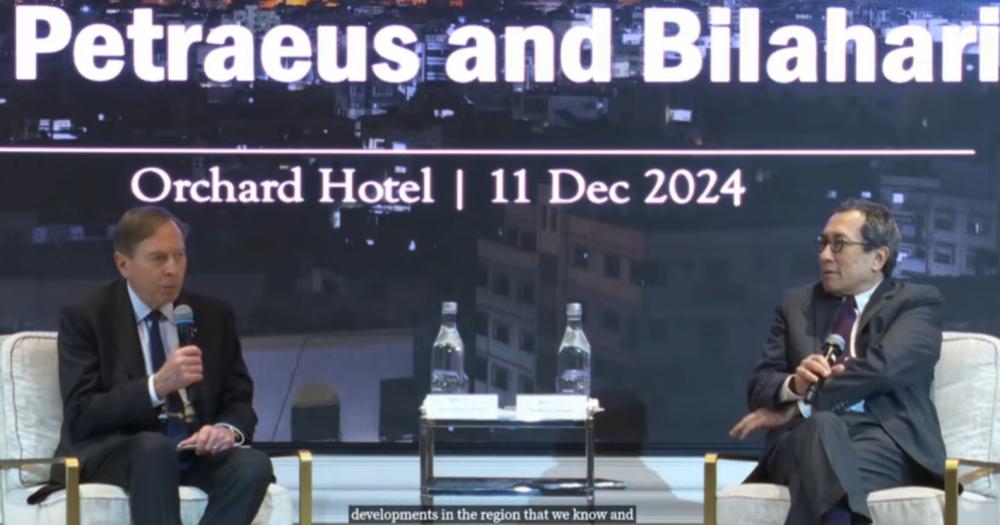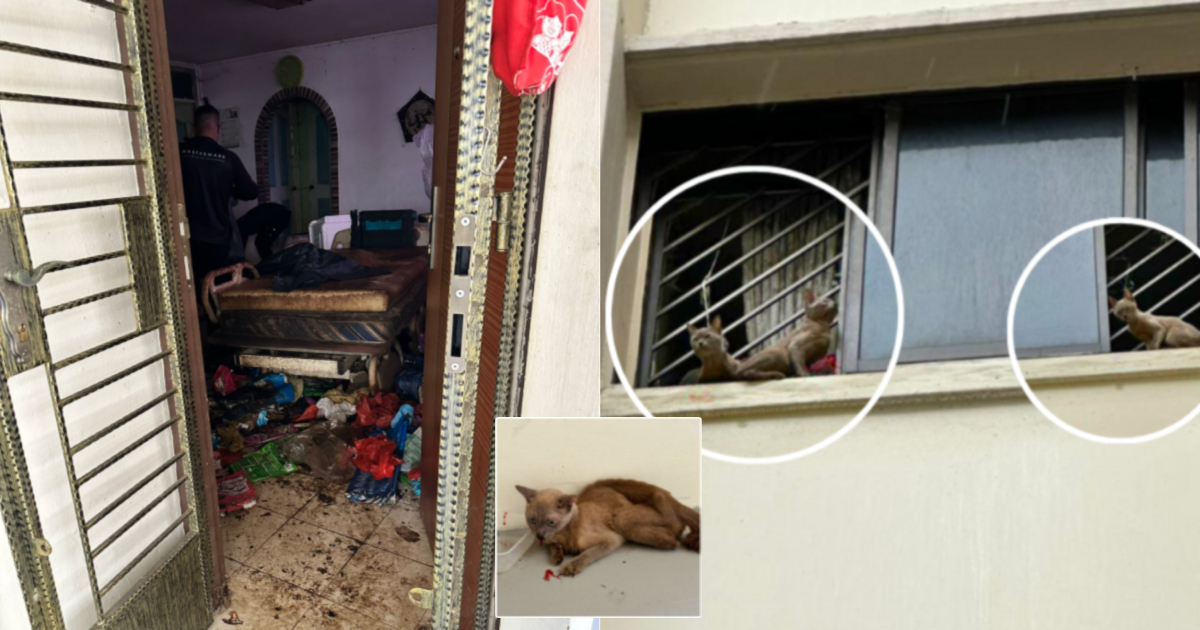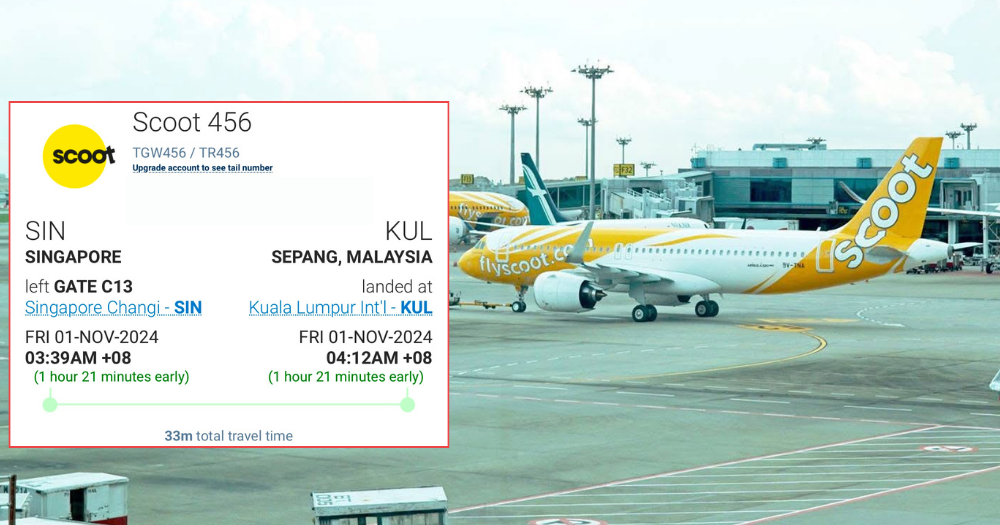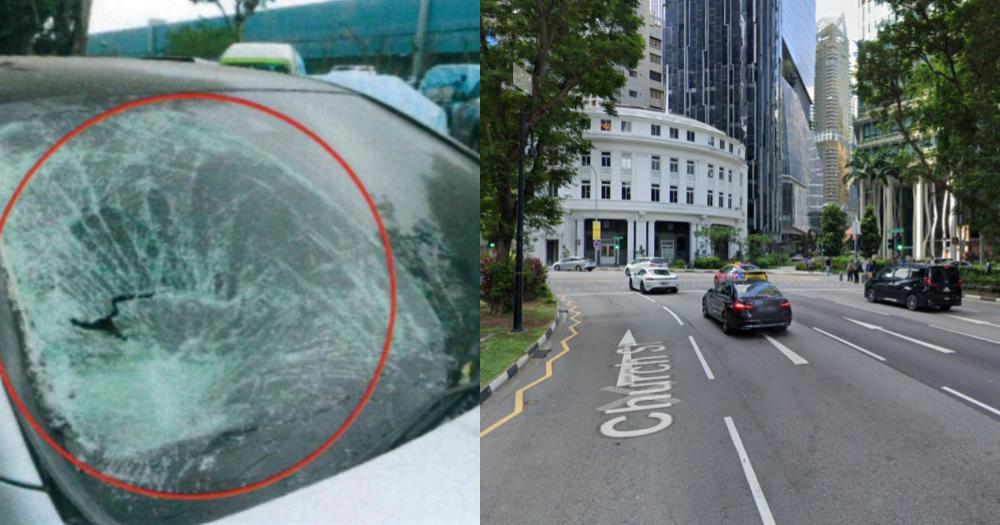3 truths to keep the US engaged in the Middle East by ex-CIA director David Petraeus at MEI 2024
What happens in the Middle East does not stay in the Middle East.

On December 11, 2024, NUS’s Middle East Institute held its 2024 round-up lecture with David Petraeus, former head of the Central Intelligence Agency and head of Central Command (CENTCOM) with the United States military.
Petraeus, along with MEI's chairman emeritus Bilahari Kausikan, discussed several issues, including his thoughts on recent events in Syria, the Ukraine war, and the priorities and challenges facing the incoming U.S. administration.
Three truths
Petraeus described what he termed “three truths” that he had learned while he was commander of CENTCOM.
Never lose sight of enemies and friends
The first was that in the Middle East, the United States could not lose sight of who its enemies and friends were.
Petraeus said that Iran was the United States' implacable foe in the Middle East and that the country had two primary goals, the destruction of both Israel and the United States' presence in the Gulf region.
And while the U.S. occasionally disagreed with its friends and partners in the region, it was “rock solid” when it came to the military, intelligence, and other similar aspects of those relationships.
Vegas rules
The second truth was that Las Vegas rules did not apply in the Middle East, a reference to the saying: “What happens in Vegas stays in Vegas”.
But what happens in the Middle East does not stay in the Middle East.
Petraeus said that Middle East conflicts tended to spill violence, extremism, instability, and in many cases, refugees into neighbouring countries and beyond.
He pointed out that the Syrian Civil War had seen tens of thousands of refugees flooding into neighbouring countries, such as Turkey.
But the impact was also seen further afield throughout Europe, as refugees also made their way to countries such as Germany and France.
In recent decades, conflicts in places like Iraq, Afghanistan, and Libya, presented dangerous situations for people and hundreds of thousands of refugees, if not millions, had sought safety and refuge in the EU.
This caused political difficulties for host nations, as they grappled with the influx of immigrants.
Petraeus struck an upbeat note, saying that the fall of Bashar Al Assad’s regime sparked hope that Syrians could safely return and that in recent weeks many had begun to do so.
If this continued it would take a significant amount of pressure off countries such as Turkey.
Just when I thought I was out...
Petraeus characterised the third truth by referencing the Godfather trilogy of movies.
In it, the main character, Michael Corleone tries to leave his crime-ridden mafia lifestyle behind but memorably said, “ Just when I thought I was out, they pull me back in."
The U.S. has been unsuccessfully trying to turn its focus from the Middle East to the Asia-Pacific region for nearly a quarter century.
In 2001, the newly elected George W. Bush had been expected to focus on the Asia-Pacific, particularly China but was derailed by the September 11 terror attacks and his decision to invade Afghanistan and then Iraq.
His successor, Barack Obama had introduced his “pivot to Asia”, but was then waylaid by the Arab Spring in 2011, and then the rise of Islamic state.
Joe Biden also attempted a pivot to Asia but the events of October 7, 2023 returned the U.S.’s attention to events in the Middle East.
... they pull me back in
Petraeus said that the incoming Trump administration’s National Security Advisor, Michael Waltz, a congressman and retired National Guard officer who had previously served under Petraeus, was well aware of his “three truths”.
Petraeus reminded the audience that President-elect Trump had stated that he did not want the U.S. to be involved in any new wars and that he was aware of the current situation in Syria, opining that the U.S. should "stay out of it".
But in keeping with his third truth, Petraeus said that the U.S. would still seek to, or have to, influence events in other ways, likely doing so through others.
He gave the example of Qatar, who were big supporters of Hay’at Tahrir al-Sham, one of the de-facto leaders of Syria; as was Turkey, although their main support was given to the Free Syrian Army, another Syrian opposition faction.
China and deterrence
Petraeus also briefly addressed a question from the audience about how the United States would deal with China.
He compared the U.S.’s global role to that of a plate-spinning act in a circus, and China represented the most substantial plate.
But attention had to also be spared for the other plates, otherwise, the act would come crashing down: the focus on China was very understandable, but other parts of the world like the Middle East could not be ignored.
Criticising the term “pivot”, he said it should have been referred to as a “rebalance"; calling it a pivot had scared regional partners and emboldened opponents, believing that the U.S. would abandon the region.
The U.S. wished to deter China, but deterrence was a function of two elements.
The first was a potential adversary's assessment of one’s capabilities, and the other was the willingness to use them.
The U.S.’s actions in one part of the world reverberated in others, using the Ukraine war as an example.
If the U.S. was not willing to help Ukraine in its hour of need, who would believe that the U.S. was going to help out anywhere else?
Notes from a small island
Petraeus also shared some notes about his experiences with Singapore, recalling a 2011 visit during his time as the Director of the CIA.
The local U.S. station chief had told him that the 2011 general election was a disaster for Singapore’s government, indicating doom and gloom for the People’s Action Party that had “only” received 65 per cent of the vote, rather than its usual 75 to 80 per cent.
But Singapore’s leaders had done some serious stocktaking and inquiry, made significant changes, communicated them effectively, implemented them, and they were able to retain their previous margins of victory.
Having seen this, he expressed confidence that Singapore would continue to be effective, and he noted with admiration that Singapore was always in the midst of a pre-emptive transformation of some kind.
Petraeus mentioned that he had recently sat down with senior minister Lee Hsien Loong and other senior cabinet ministers, asking how the new generation of Singapore’s leaders were reacting to their advice.
Singapore’s senior leaders had smiled and said that the new generation had been listening very “intently and politely”, ultimately “we will see how much of that advice they actually follow”.
Giving them something to do
He also complimented Singapore's education system, saying that he had Singapore officers on his staff in Afghanistan.
He called them far and away the most educated officers that he had had, with many holding multiple degrees from MIT or Stamford.
Once, Petraeus said that he had given some of the Singaporean officers a problem that nobody else on his staff could solve, “just for the heck of it to give them something to do”.
There was no expectation that the Singaporean officers would be able to find a solution quickly, or even at all.
But despite this, they managed to come back within three days, not only having “sorted it all out”, but also laying out the steps and details that would be required.
Related story
Top image via Middle East Institute - NUS /YouTube
MORE STORIES




















